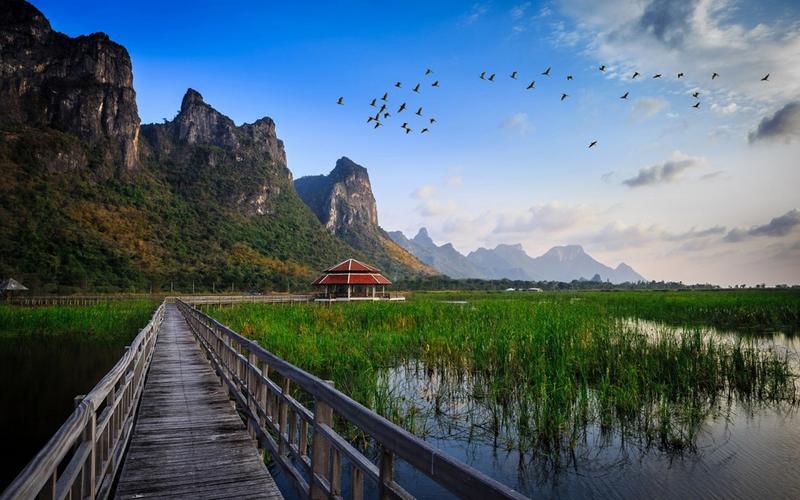The ancient country of Zimbabwe boasts a rich cultural heritage with various sites that represent the country’s history and preservation of its remarkable past. These Zimbabwean Cultural Heritage Sites feature a diverse range of monuments, museums, ruins, and sculptures that give insight into the country’s history, culture, and traditions. In this article, we’ll explore the benefits of visiting Zimbabwe’s Cultural Heritage Sites.
Historical Preservation
One of the most significant benefits of Zimbabwean Cultural Heritage Sites is that they preserve the country’s history and culture. These sites showcase the evolution of Zimbabwean culture, from ancient times to modern-day. The sites also provide insights into the lives and beliefs of Zimbabwe’s forefathers. Visitors can learn about the country’s rich cultural heritage through various interactive activities, such as storytelling sessions, cultural dance performances, and traditional craft exhibitions. Through these sites, Zimbabweans can experience a sense of identity and connection to their past.
Tourism
Zimbabwe’s Cultural Heritage Sites are major tourist destinations. Each year, thousands of tourists visit Zimbabwe and explore these sites, contributing to the country’s economy. These visitors spend money on accommodation, transportation, food, and souvenirs and stimulate local economic development. Thus, Zimbabwe’s Cultural Heritage Sites play a vital role in the country’s tourism industry, attracting both domestic and international tourists.
Educational Opportunities
The Cultural Heritage Sites provide excellent learning opportunities for students, researchers, and historians. Visiting these sites allows students and researchers to learn about Zimbabwe’s history, culture, and geography. Many universities and schools organize field trips to these sites to provide students with hands-on learning experiences. These visits provide students with in-depth knowledge of Zimbabwe’s culture and history, enhancing their understanding of the country and region’s past.
Community Development
Many Zimbabwean Cultural Heritage Sites are situated in rural areas and provide employment opportunities for local communities. The maintenance, upkeep, and operation of these sites employ local people and stimulate economic development in their areas. Community members can learn skills, such as catering, tour guiding, and hospitality through jobs created by these sites. These skills provide them with income and contribute to their development and that of their communities.
Conclusion
Zimbabwe’s Cultural Heritage Sites play a vital role in preserving the country’s history and culture, promoting tourism, providing educational opportunities, and stimulating community development. These sites are essential in ensuring that Zimbabwe’s heritage is preserved and passed down to future generations. If you’re planning to visit Zimbabwe, explore these sites to gain insight into the country’s rich culture and history.
(Note: Do you have knowledge or insights to share? Unlock new opportunities and expand your reach by joining our authors team. Click Registration to join us and share your expertise with our readers.)
Speech tips:
Please note that any statements involving politics will not be approved.
